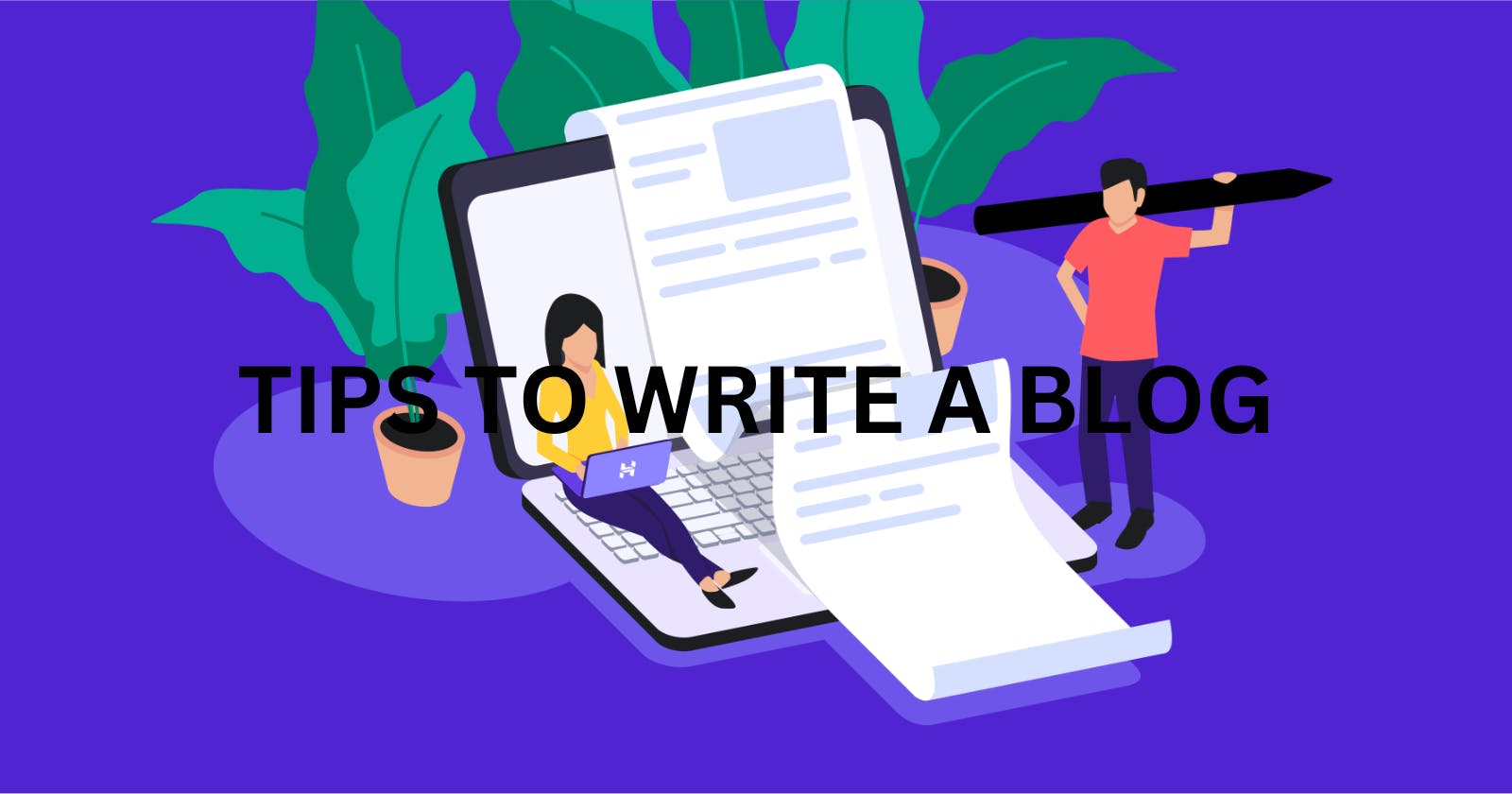Table of contents
INTRODUCTION
A blog (short for "weblog") is a type of website that features regularly updated content, often written in a personal or conversational style. Blogs are typically run by an individual or small group of people, and the content is often centered around a particular topic or theme, such as a hobby, interest, or personal experience. Blogs can cover a wide range of subjects and can be used for personal expression, news and current events, commentary and analysis, or as an online journal or diary. They are often used as a platform to share opinions, experiences, and information, and can be a powerful tool for building a community and connecting with others who share similar interests.
FEATURES
Some common features of blogs include:
Reverse chronological order: Blog posts are usually displayed in reverse chronological order, with the most recent post appearing first.
Categories and tags: Blogs often include categories and tags to help readers find related content, making it easy to navigate through the blog.
Comments: Most blogs allow readers to leave comments on individual posts, allowing for discussion and engagement.
RSS feed: Many blogs offer an RSS feed, which allows users to subscribe to the blog and receive updates when new content is posted.
Search function: A search function allows readers to easily find specific posts or topics on the blog.
Social sharing buttons: Blogs often include social sharing buttons, which make it easy for readers to share posts on social media platforms.
Author bio: Many blogs include an author bio section, which provides information about the person or people who run the blog.
Media elements: Blogs often include images, videos, and other types of media to enhance the content and make it more visually engaging.
Customizable templates: Blogging platforms such as WordPress, Blogger, etc have a variety of customizable templates, so bloggers can create a unique look and feel for their blogs.
Monetization options: Many blogs have monetization options such as affiliate links, sponsored posts, ads and more to earn money.
TIPS TO WRITE A BLOG
Choose a specific topic or niche for your blog and stick to it.
Research your topic thoroughly and create unique, informative, and engaging content.
Use headings, bullet points, and images to break up your text and make it more visually appealing.
Optimize your blog for search engines by including keywords in your post titles and throughout your content.
Promote your blog on social media and other platforms to drive traffic to your site.
Engage with your readers by responding to comments and encouraging them to share their thoughts and feedback.
Continuously update your blog with new content to keep your readers interested and coming back for more.
Try to create a consistent posting schedule, so readers know when to expect new content from you.
Make sure your blog is easy to navigate and has a clean, professional design.
Have fun and be yourself! Blogging should be enjoyable and should reflect your personality and interests.
Use internal linking to help your readers navigate your blog and find related content.
Make sure your blog is mobile-friendly, as many readers will access your site from their phones or tablets.
Collaborate with other bloggers or influencers in your niche to expand your reach and gain new readers.
Use analytics tools to track your blog's performance and adjust your strategy accordingly.
Make it easy for readers to subscribe to your blog or follow you on social media.
Be open to constructive criticism and use it to improve your blog.
Create a strong headline that draws readers in and makes them want to read more.
Write in a conversational tone, and use examples and personal stories to make your blog more relatable.
Always proofread your blog post before publishing it.
Lastly, be consistent in your writing, be authentic, and be consistent in providing valuable content to your readers.
CONCLUSION
Blogs are a powerful tool for personal expression, sharing opinions and information, building a community and connecting with others who share similar interests. They come with a variety of features such as reverse chronological order, categories and tags, comments, RSS feed, search function, social sharing buttons, author bio, media elements, customizable templates, and monetization options. Whether you are looking to share your thoughts and experiences, or to provide valuable information and insights on a particular topic, starting a blog can be a great way to connect with others and make your voice heard.
